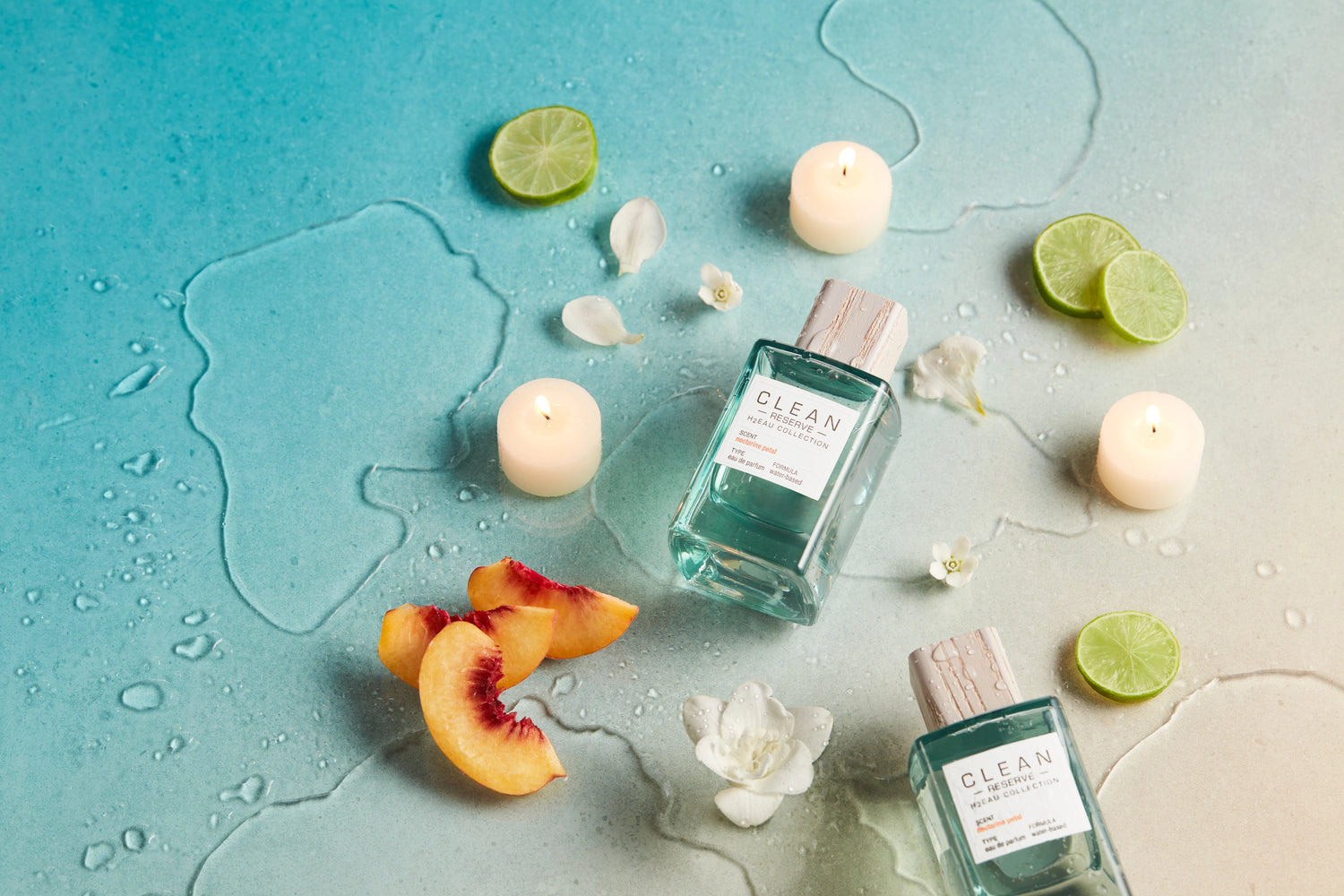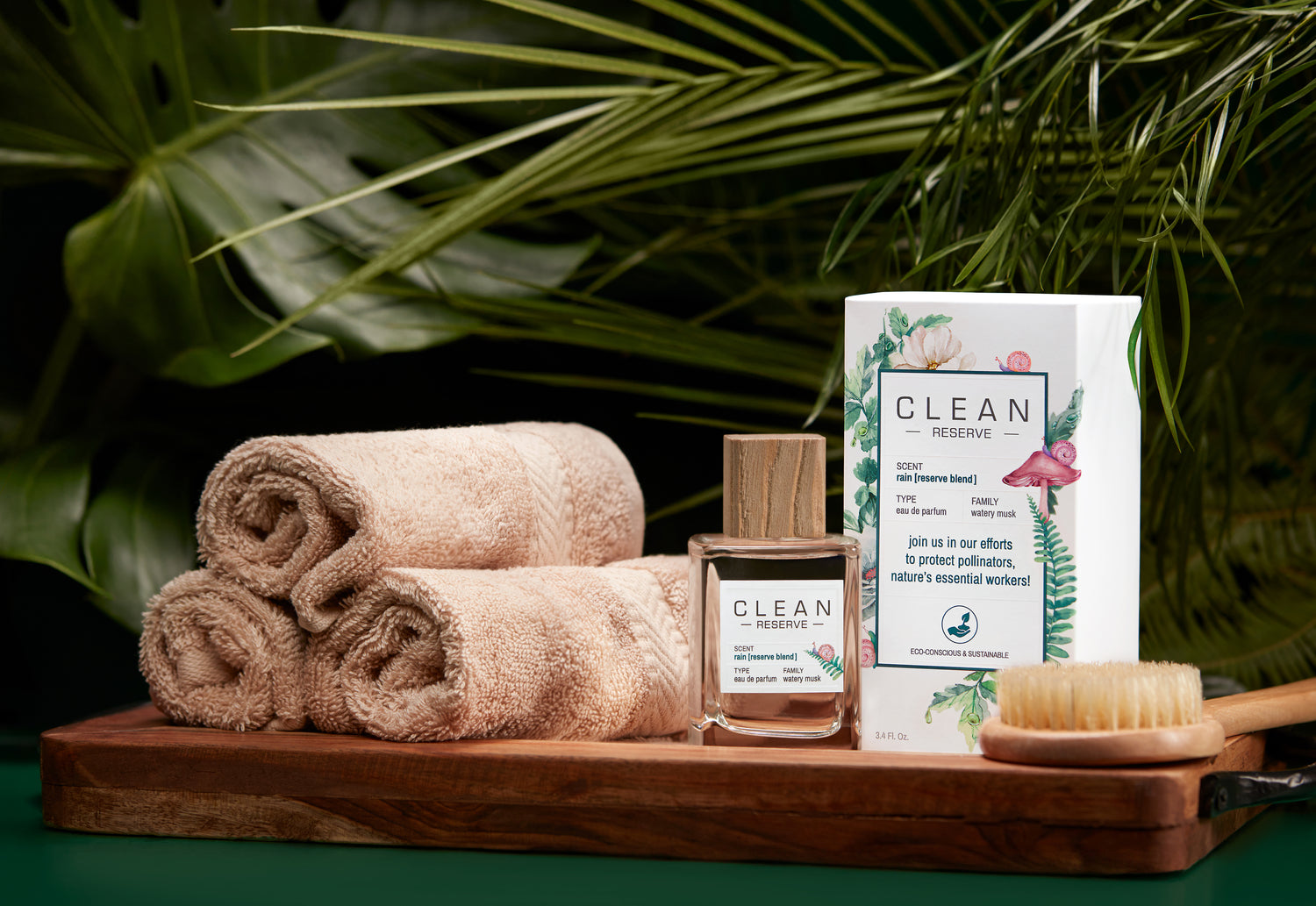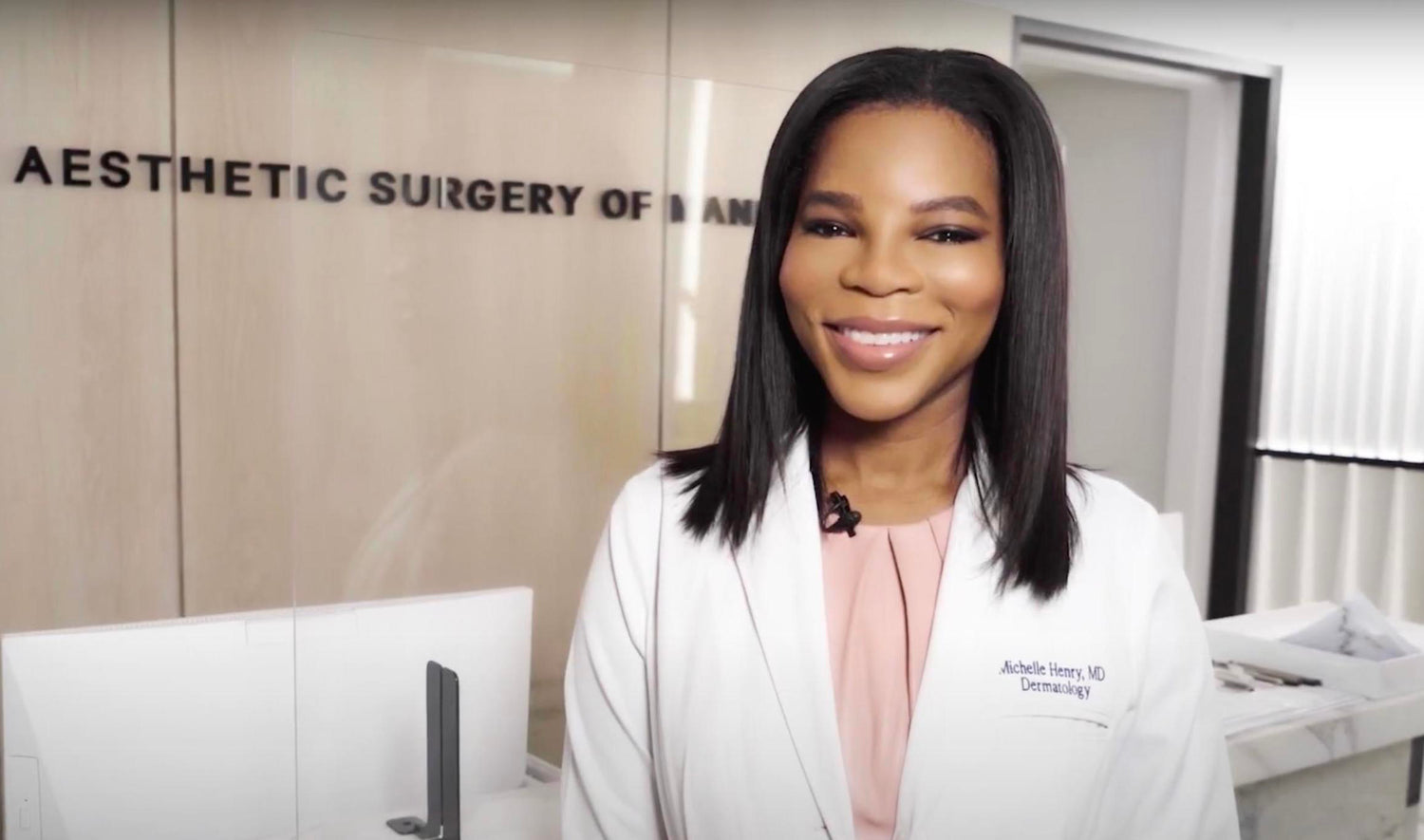
We had so many questions for her—a real-life planet protector was in our midst! We narrowed it down to our most pressing inquiries to share with you. We hope this inspires you, as much as it did us, to take action and help protect our world and precious bees.
CLEAN: Did you always know you wanted to work to protect the Earth?
KW: I’ve always had compassion for every living thing on earth (I grew up with my father saving any and all critters he could from accidents) but I wouldn’t say I always knew I wanted to work in conservation. I started my undergraduate education wanting to become a doctor and help people, but ended up taking a marine ecology class that completely changed the course of my career.
CLEAN: How did you end up working in conservation, specifically?
KW: I actually kind of stumbled into conservation work. I’m trained in the sciences, but there was a point when I was working doing coral restoration work down in the Florida Keys that I realized that I couldn’t just be a scientist. I realized that if we can’t communicate and act on what science tells us then, for me, it doesn’t matter. Conservation is a marriage of communication (or education), policy and science, and for me, I couldn’t imagine doing anything else now that I’m in it.
CLEAN: What are easy, meaningful ways people can work to protect the bees?
KW: There are many ways that people can support bees and other pollinators, both locally and globally.
-
As individuals we can all work to make sure that our personal spaces are hospitable and safe for pollinators. This includes providing habitats for them to find food, providing areas for safe nesting and avoiding harmful pesticides in our lawn care.
-
People everywhere can use their voice to influence the people around them. Starting conversations with your neighbors and friends can have a huge impact on the collective mindset of your community.
-
You can also use your voice to tell your policy makers that environmental health is a priority issue to you as a voter. Stay up to date on policies that come through your local or national government that impact bees and implore them to support them. Even on a smaller scale of school or business-wide policies, this can have a big impact.
-
Another powerful tool in advocacy is the money you spend on your products. By supporting local farmers and companies that are dedicated to sustainable practices, you are supporting their mission. This economic support also signals to other businesses that there is social pressure to be more sustainable and they will have to adapt to stay competitive.
CLEAN: Do we need all species of bees for pollination?
KW: We depend on so many different species—not even just bees—of pollinators in general like birds, butterflies, flies, bats, etc. Different species provide value in that if one struggles, the others can pick up slack, or may have an adaptation that can be used to help the other species. As a person with a graduate degree in conservation and biodiversity science, I can say that the more biodiverse an ecosystem is, the more stable it is. We may think we don’t need all these species, but I think you never want to knowingly eliminate something to then only realize it was actually really important later down the line.
CLEAN: Should we boycott almond milk?
KW: This is a complicated question. There are numerous ways that our current food system contributes to environmental degradation, climate change, and inequalities. Customers may try to go dairy free to reduce their carbon impact, and then be disappointed by the other environmental impacts of some of the plant-based options. That being said, the way the food system currently operates also needs structural, systemic changes if we want to see a lower carbon footprint and a more equitable process for feeding the world. As individuals, we can do our best to live lightly but until this system is made more efficient and sustainable we won’t see the full transformation we need. This is where policy and advocacy come in.
CLEAN: Often people feel they’re just one person, and one soul can’t really make an impact. Can a few or one person’s contributions to the bees really make a difference?
KW: It is extremely common to feel that our individual actions aren’t enough to make a difference, particularly when our environmental issues are so complex and large scale. I even struggle with this sometimes. As we face the enormous challenge of climate change, it is important to do the small individual actions we can to make sure that we don’t fall into feeling hopeless. Every plant based meal we eat or straw we decline adds up over time. But beyond that, the efforts that we take to protect our Earth do not go unnoticed. I think the key here is to put the pressure on our society. Say no to every single-use thing you can. People always think I’m weird when I buy a couple things and decline a bag. I get a lot of questions and comments and I find each one of those moments to be an education, letting people know we have a choice to be responsible consumers. Talk to your friends, talk to your family, or even better show them. Cook them a plant-based meal and show them their options in a non-confrontational way, there’s no one way to educate, don’t be afraid to get creative.
CLEAN: What can our government do to protect the bees? How can we urge it to do so?
KW: There are a lot of ways we can work to protect bees in our country. Insecticides, or neonicotinoids, that have been shown to significantly decline bee populations are still used throughout the United States despite having been banned in the European Union. The EPA has proposed restrictions where these insecticides cannot be applied to blooming plants, however, these chemicals have been shown to leech and persist in both our soil and water, affecting our insects and inevitably our bees whether or not they’re only applied at specific times. You can help take action by telling the Administrator of the Environmental Protection Agency to follow the EU’s lead and create a more comprehensive ban on these chemicals that harm our native insects.
CLEAN: Is there a world where the bees can thrive again? What would that take?
KW: Of course, but we need to pay attention to what is happening to them on a global scale and take action. This can mean taking a personal stance on pesticides (you can take Earth Day Network’s Pesticide Pledge here), by educating your families and friends on the issues and potential solutions, or by taking civic action. Our representatives are there to represent us, if we don’t tell them what we want, they won’t act on it. My mother always says, “the squeaky wheel gets the grease” and I think it’s really applicable here. In order for there to be meaningful change, we need to raise our voices and put stricter protections in place.
CLEAN: What’s it like to work to protect the world and its inhabitants every day?
KW: It’s one of those things where you have to set your sights on your overarching goals. Sometimes it feels like there are so many challenges I’m not sure I’m helping anything, but when you have progress and you can see something positive come to creatures you worked for, there’s no better feeling.
For more information on how you can take action, click here to be inspired.





